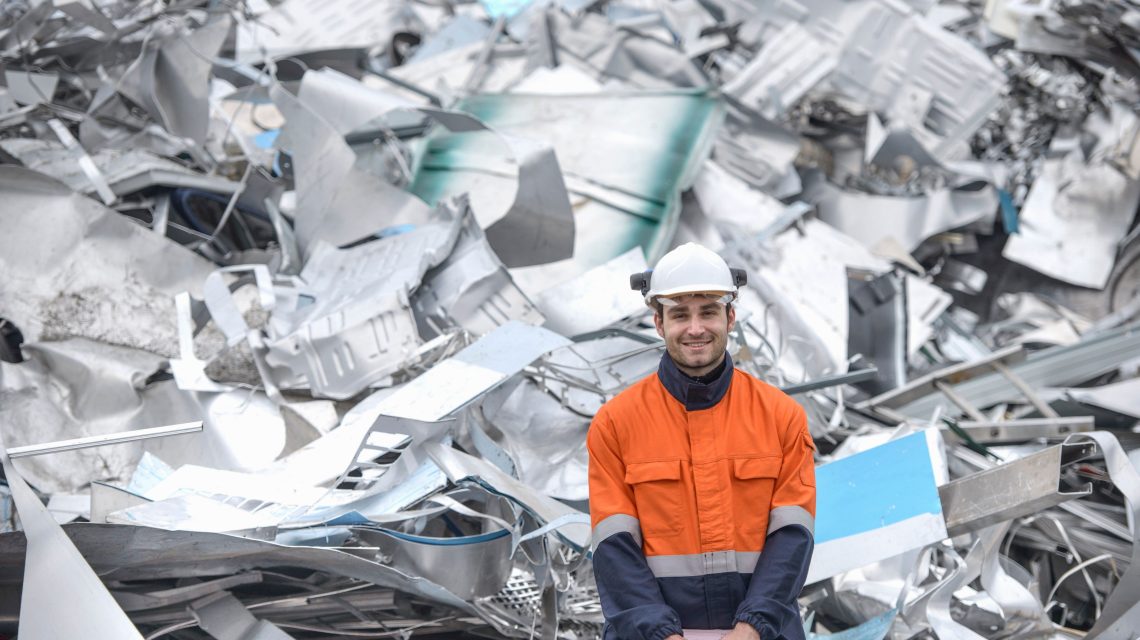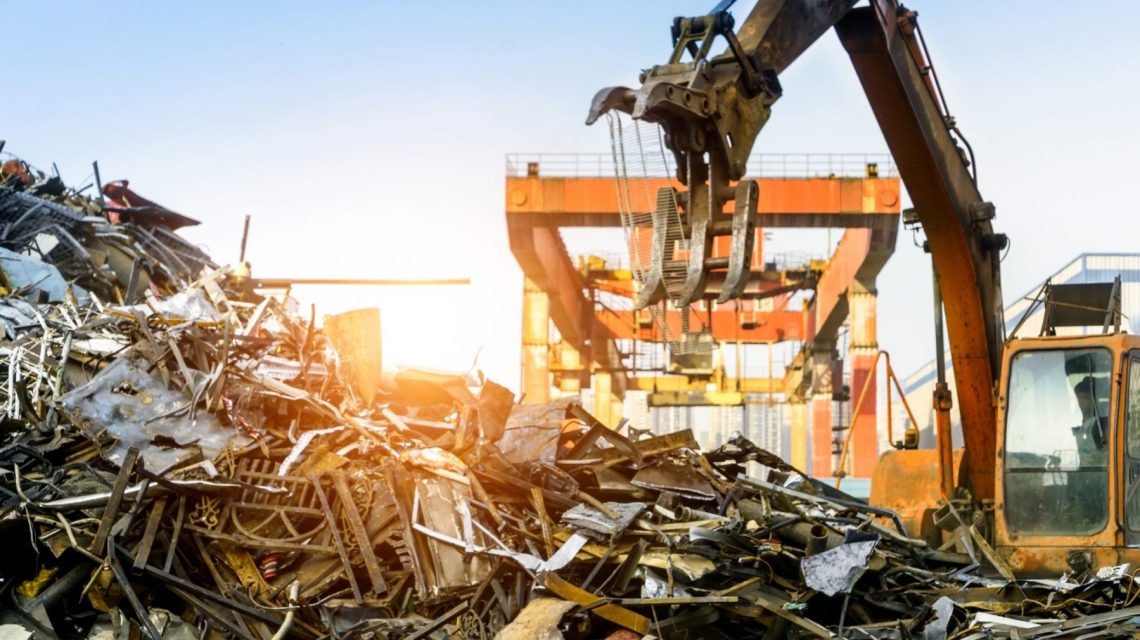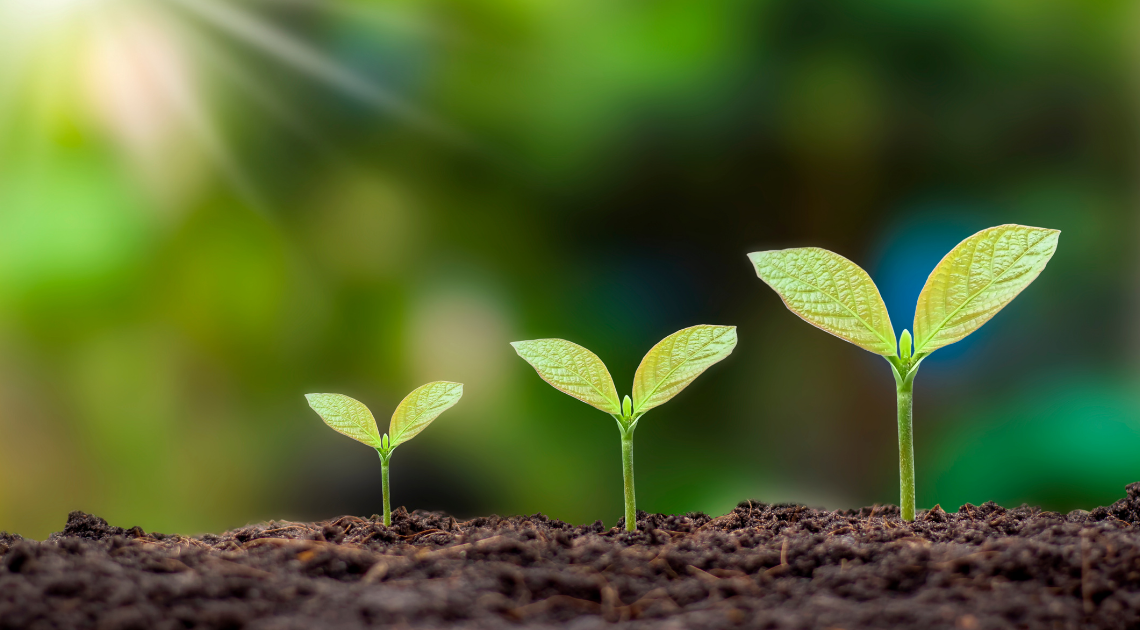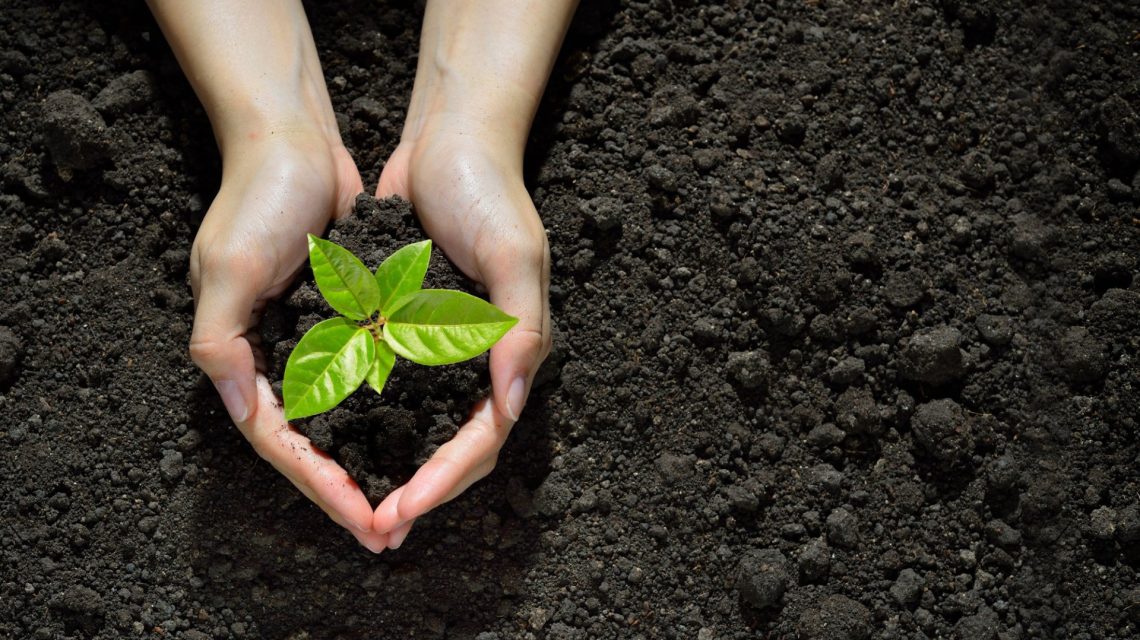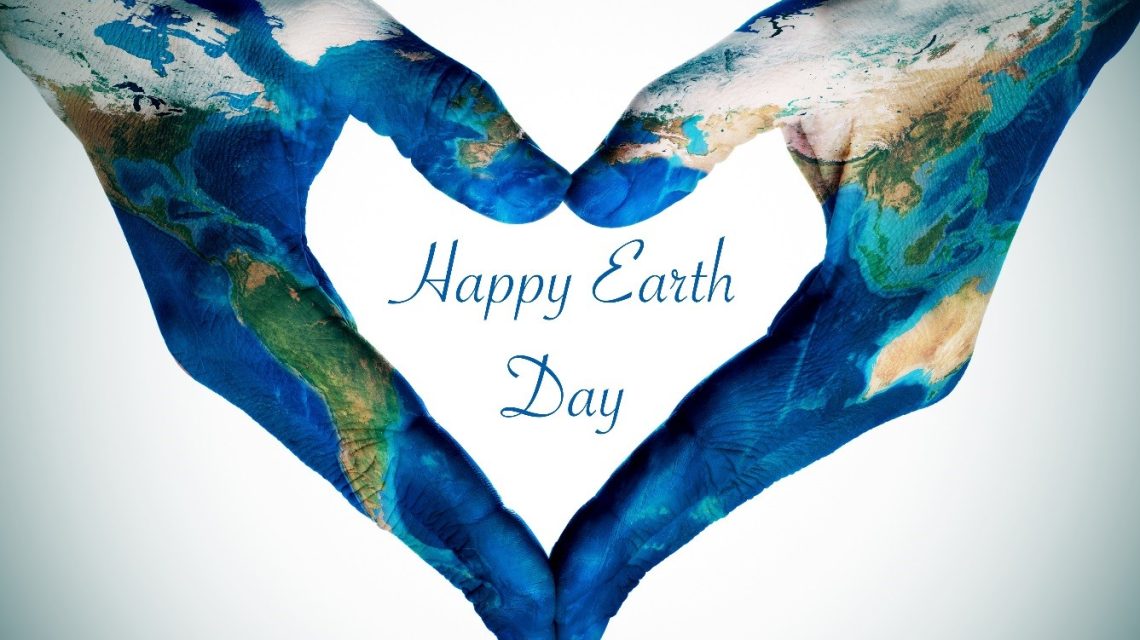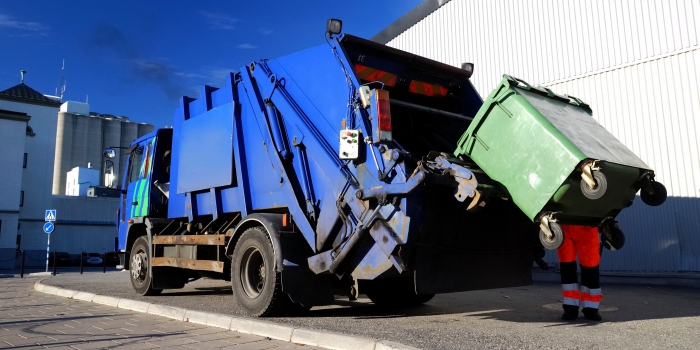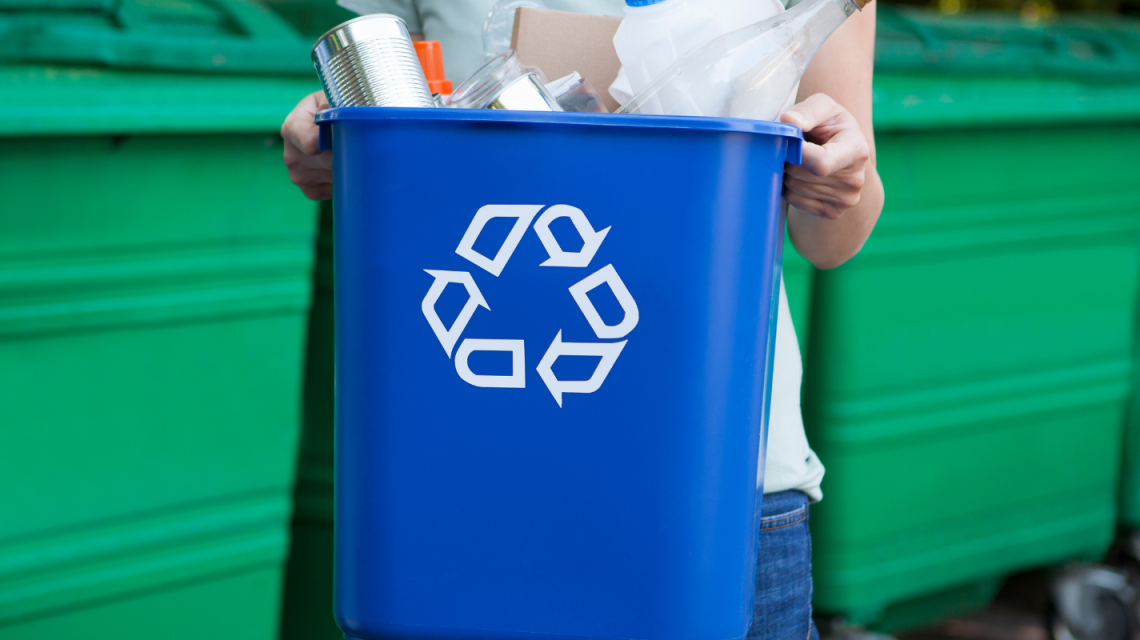When science advances, cities and business enterprises grow in tandem. As human population in cities increases, the amount of waste also increases…
Metals are valuable materials that can be recycled again and again without altering their properties. Scrap metal are quite valuable, which motivates…
Our environment is changing all the time depending on the ways we live, travel, produce and consume goods. This varies from the…
International Earth Day is observed on 22nd of April every year. The day is marked annually to highlight concerns surrounding the environment,…
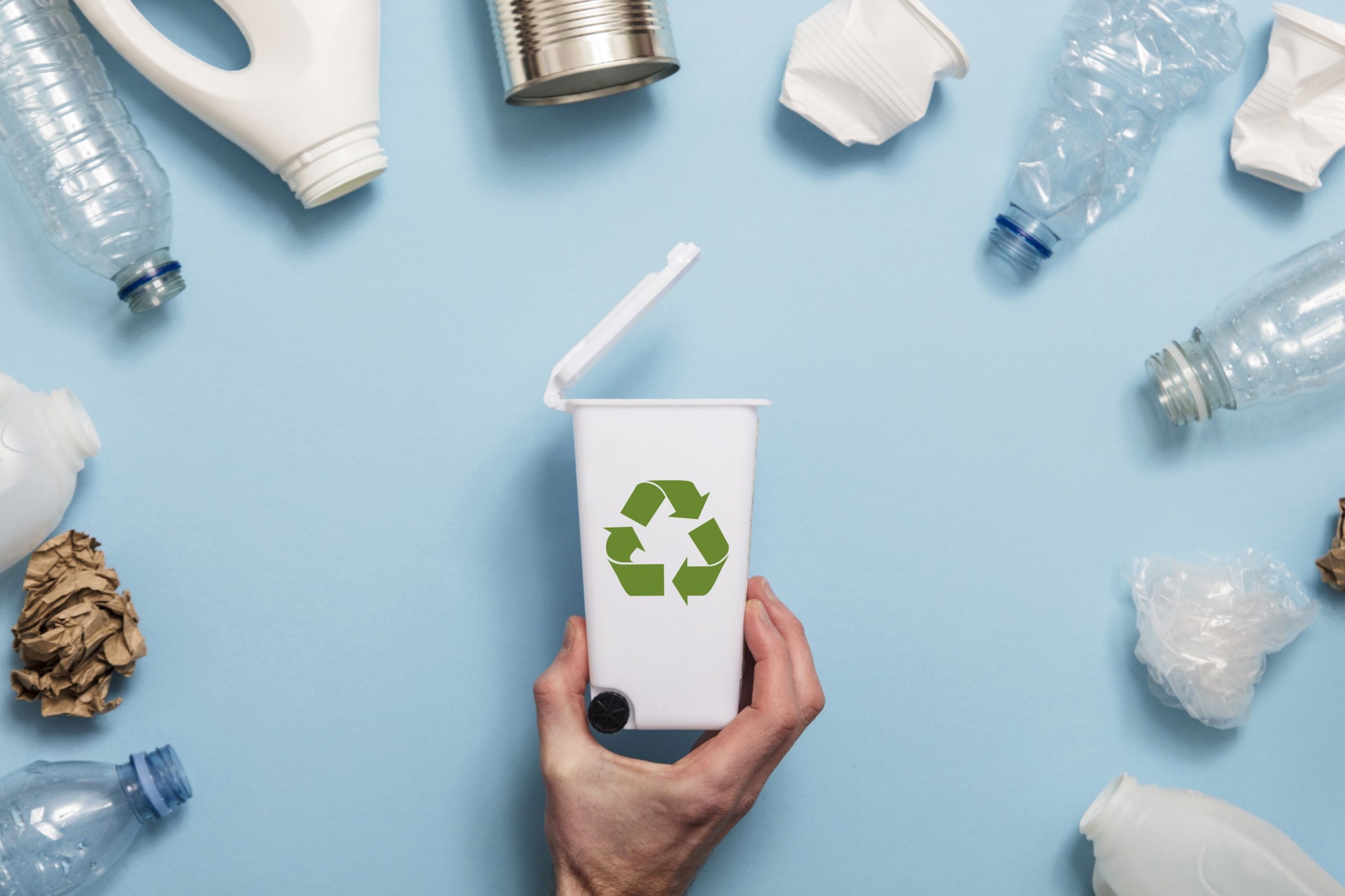
Waste, and our attitude to this crucial issue, are the main factors that affects our world’s environment. The environment is everything around…
We now know that man-made climate change is real and that it poses a great threat to the planet and its inhabitants.…
Waste collection is a fundamental element of a municipal solid waste management system. The main goal of a waste collection strategy is…
To achieve true sustainability, we must reduce our 'garbage index" - that which we permanently throw away into the environment that will not be naturally recycled for reuse - to near zero. Productive activities must be organized as closed systems. Minerals and other nonbiodegradable resources, once taken from the ground, must become a part of society's permanent capital stock and be recycled in perpetuity. Organic materials may be disposed into the natural ecosystems, but only in ways that assure that they are absorbed back into the natural production system. - David C. Korten



